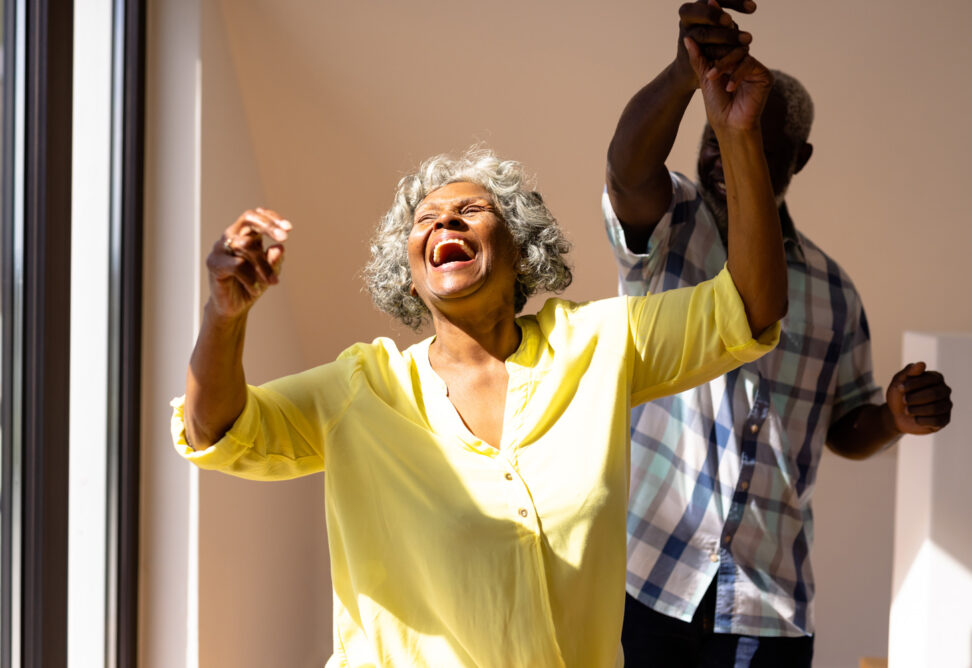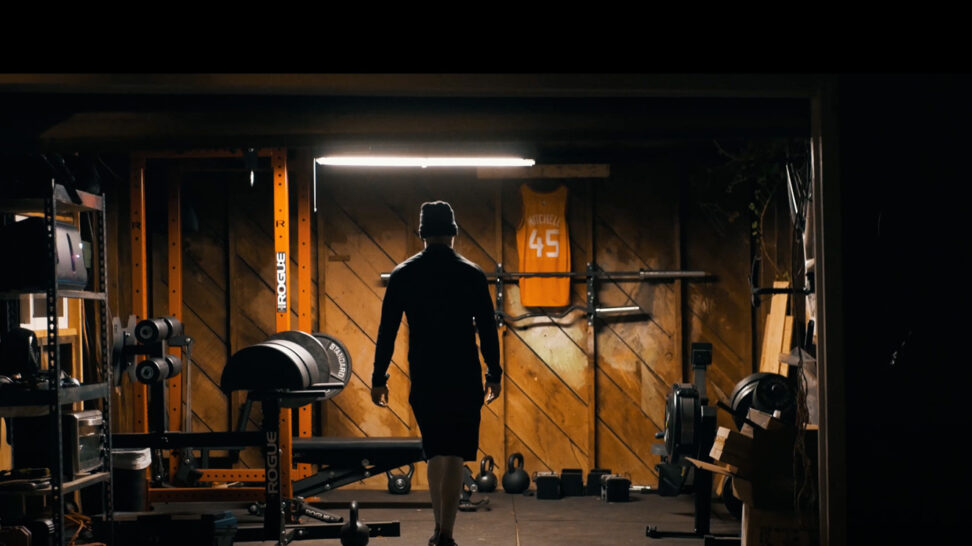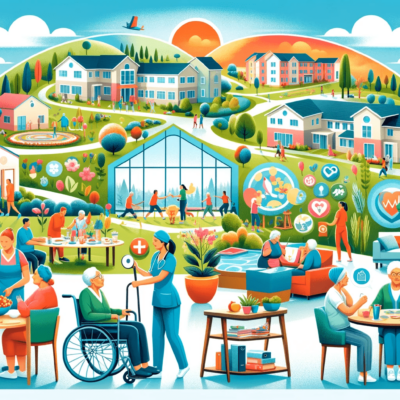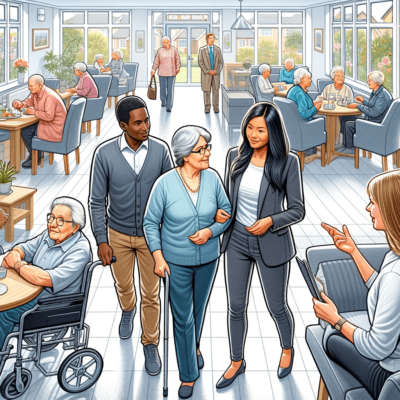Introduction to Residential Care Homes Definition and Overview Residential care homes provide a vital service for those who require assistance with daily living but do not need the intensive medical care provided by nursing homes. These facilities offer a combination…
ReadIn care homes all over the UK – we find ourselves managing, monitoring, and mitigating risks at every turn. We are consistently reviewing risks throughout our days, weeks, months & years – at all levels of the care journey. Risk had become an almost feared word – where we monitor falls, nutrition & hydration, skin integrity, medication, and every other area of a resident’s life, as well as the risks entailed in running the actual building and all that encompasses – all then within the backdrop of Covid 19 and our insurers premiums quadrupling year on year – no wonder leading in social care has become even more high risk than ever before.
We have seen so many smaller homes buckle under the weight of a pandemic that nobody was really prepared for, occupancy driven to all-time lows, whilst lack of trust and fear around a sector that mainstream media depicts as unsavoury at best and abusive at worst, has led many to re-evaluate the reasons for once stepping into the arena of social care. 2021 – 2023 will no doubt see more leaders leave the sector and left standing will be the people for whom their ‘Why’ remains the basis for getting up in the morning – creating great moments for people, every day.
Before the pandemic we were getting much better at positive risk, pushing the envelope of what was possible for the people who live in our homes – taking chances, leaving the fear of failing behind, so that people lived a little on the edge. We had learned to remove the protective instinct and to lean in to the possible, then one day – the world stopped.
Whilst financial stability remains an ongoing challenge, the bigger obstacle to our sustainability lies in the ever-heightened risk of team member burnout and loss of them to the sector. In saving the NHS and painting rainbows, many people saw that social care team members were left behind in the scramble to batten the hatches on an already depleted hospital bed capacity. It was only as time moved on within the crisis and the social care sector found it’s voice in the media that we found ourselves somewhat represented. This newfound friendship with the media, always carefully navigated, as we knew that the tide would turn, and we would once more be relegated to ‘that sector’. 2
And now we stand – war torn, exhausted, grateful & hurting, tentatively relieved & grieving, still leading a workforce who has witnessed scenes of heart-breaking discomfort and pain. This is the big risk – this is the risk that will either enable us to re-engage, re-energise, and rebuild or fall into a space none of us wish to visit. Our teams, the people who support the people are the key to defining and designing spaces for people to live, to love & to make dreams come true and it is in the teams that we will find the answers to our biggest risk –which is losing the people who support the people.
Creating space to listen, to review and examine the experiences of the past year with our teams, leaning into the pain and discomfort of the heartache, leaning in as leaders, to truly seek to understand what they need from us right now – will enable us to find the keys to help them to continue to grow, continue to recover and continue to believe in themselves. They have walked, run, slept in, and fallen down within the Arena [of social care]. Many of us leaders have been alongside them, night after night, SATs monitoring to holding the hand of a person passing, we leaders were in the most part more prepared, had built our resilience, had come through other times of challenge, not them, this was their first and it was brutal.
Our risk now lies in ensuring that the people who support the people are led in grief, in their pain, in their recovery and their future, so that they do not come to the conclusion that the only way is out. This requires vulnerability in leaders, this needs leaders who embrace the discomfort of the growth and who are willing to seek understanding of how we can improve, from the people who know.
We need to stay in the Arena, ready and supporting, expecting the inevitable criticism of those who did not join us, and we need to strengthen the resilience in the people, so that they can continue to support the people.
The question now is – as a leader – can you afford not to lean in & dare greatly?





